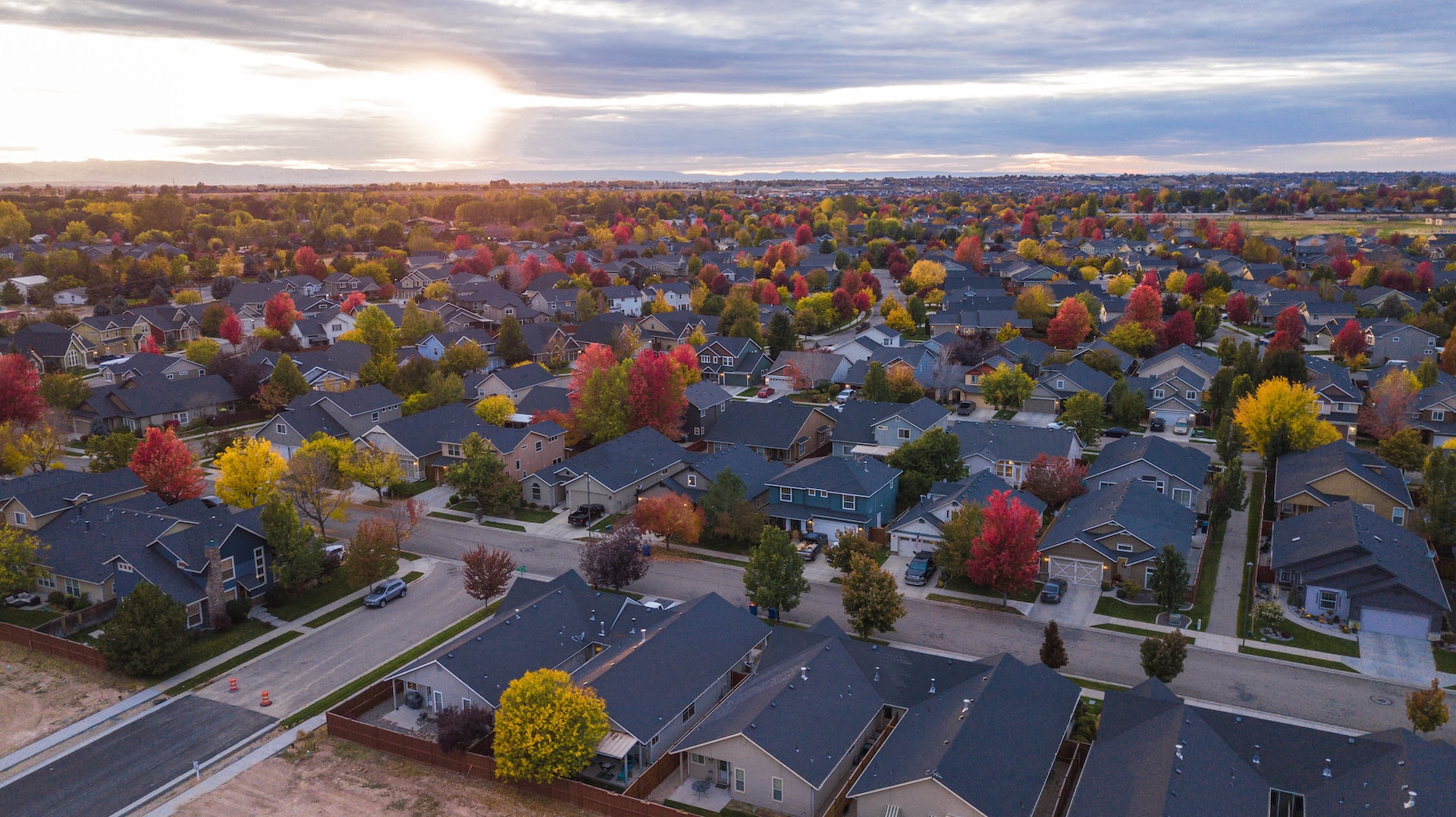

Question: How Do Neighbourhood Prices Affect House Worth?
Answer: Neighborhood prices can strongly affect house worth by setting benchmarks, affecting buyer perceptions of value, and directly impacting comparable sales used in property valuation.
What is the Influence of Home Prices on House Worth?
The home prices in a neighbourhood can have a significant impact on the worth of individual houses within that area. This effect occurs due to various factors, including market trends, buyer preferences, and the overall desirability of the neighbourhood. In this article, we will explore the ways in which neighbourhood home prices can affect house worth, from the influence of local market conditions and buyer psychology to the role of neighbourhood amenities and perceived value.
Local Market Conditions
Local market conditions can play a critical role in determining neighbourhood home prices and, consequently, the worth of individual houses. Factors such as supply and demand, economic conditions, and local employment opportunities can all contribute to fluctuations in home prices within a particular area.
When market conditions are favourable, and demand for homes in a neighbourhood is high, home prices may rise, thereby increasing the worth of individual houses. Unfavourable market conditions or decreased demand for homes can lead to lower home prices and potentially reduced house values.
For more information on how much your house is worth you can view the source here
Related Article: How Does The Size of a Home Affect its Value?
Related Article: What are the Effects of Nearby Attractions on House Worth?
Buyer Psychology and Perception of Value
The perception of value is a crucial factor in determining house worth, as potential buyers often base their purchasing decisions on the perceived desirability and value of a property relative to others in the neighbourhood. When neighbourhood home prices are generally high, buyers may perceive the area as more desirable, which can positively impact the worth of individual houses. [ 1 ]
Conversely, lower home prices in a neighbourhood can create a perception of lesser value, which may negatively impact the worth of individual houses. Potential buyers may be less willing to pay a premium for a property in a neighbourhood with lower home prices, even if the house itself offers exceptional features or amenities.
Impact of Comparables and Appraisals
When determining the worth of a house, appraisers and real estate agents often rely on comparables, or “comps,” which are similar properties that have recently sold within the same neighbourhood. These comparables provide a benchmark for assessing the value of a particular property based on the prevailing market conditions and neighbourhood home prices.
Higher home prices within a neighbourhood can lead to higher comparables, which can positively impact the worth of individual houses by providing a higher benchmark for valuation. Lower home prices within a neighbourhood can result in lower comparables, which may negatively affect the worth of individual houses.
Neighborhood Amenities and Desirability
The presence of local amenities, such as schools, parks, shopping centers, and recreational facilities, can contribute to the overall desirability of a neighbourhood and, in turn, influence home prices. When a neighbourhood offers a wide range of desirable amenities, home prices may be higher, reflecting the increased demand for properties within that area.
Higher neighbourhood home prices can positively impact the worth of individual houses, as potential buyers may be willing to pay a premium for the convenience and quality of life offered by the neighbourhood. A lack of desirable amenities within a neighbourhood may contribute to lower home prices, which can negatively affect the worth of individual houses.
The Impact of Price Trends on Future Appreciation
Neighborhood home price trends can also have an impact on the potential for future appreciation of individual houses. In areas where home prices have been steadily increasing over time, potential buyers may view the neighbourhood as a strong investment opportunity, which can positively influence the worth of individual houses.
In neighbourhoods where home prices have stagnated or declined, potential buyers may be more cautious about investing in a property, which can negatively impact the worth of individual houses. Understanding the price trends within a neighbourhood can help homeowners and potential buyers make informed decisions about the potential for future appreciation and the worth of a particular property.
For more information visit www.jenjewell.ca
Conclusion
In this article, we have examined the various ways in which neighbourhood home prices can affect house worth, including the influence of local market conditions, buyer psychology, comparables, and neighbourhood amenities. Favourable market conditions and high demand for homes can lead to higher home prices, positively impacting the worth of individual houses. Perceptions of value, comparables, and the presence of desirable amenities also play crucial roles in shaping a neighbourhood’s desirability and the worth of individual properties.
Lower home prices in a neighbourhood can create a perception of lesser value, negatively impacting individual house worth. Understanding the impact of neighbourhood home prices and their correlation with house worth can help homeowners and potential buyers make informed decisions about their investments and home selections. Additionally, being aware of price trends within a neighbourhood can offer valuable insight into the potential for future appreciation and the worth of a particular property.
References
1. https://www.hunker.com/13723536/factors-neighborhood-affect-price


